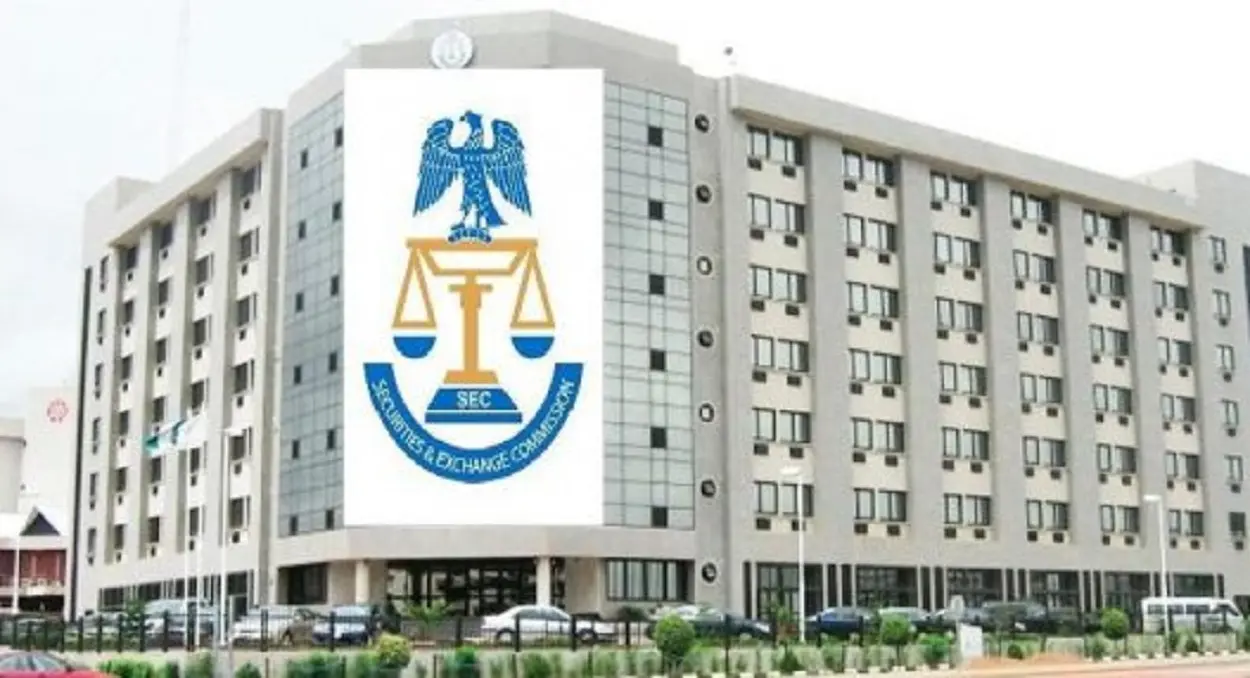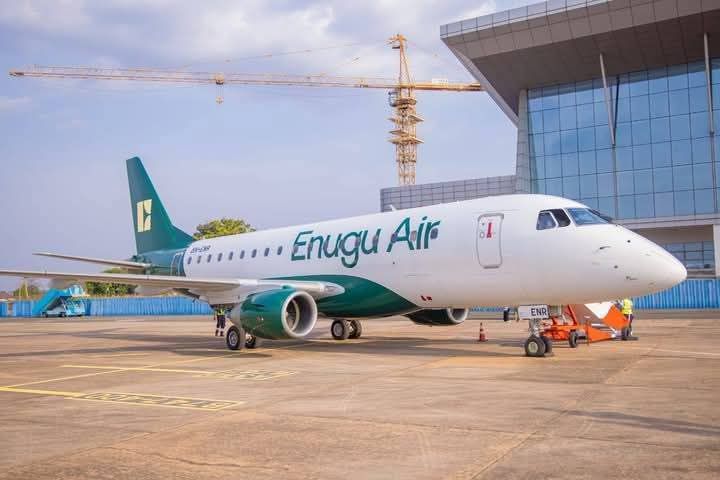The International Monetary Fund has stated that the naira is now under pressure and that Nigeria is free to request a loan from the Fund to stabilize the currency if it deems it a viable alternative.
The Punch reported that however, the Washington-based lender acknowledged that other actions made by the Nigerian government, including recent exchange reforms, were appropriate.
The International Monetary Fund and World Bank Group met in Marrakech, Morocco, where they announced this.
It also supported the Central Bank of Nigeria’s decision last week to lift an eight-year foreign exchange ban on 40 additional imports, including cement, rice, and poultry products. The forex embargo was enacted by the previous CBN government in 2015.
According to the IMF, inflation in Nigeria remained high in August, at 26%, while the naira remained under pressure.
Following President Bola Tinubu’s exchange reforms, the local currency dropped from around 450 to an average of 760 to a dollar, and it has since continued to decline on the black market.
The local currency fell to 1045 per dollar on Thursday.
On the possibility of a currency support loan, it said, “As every member country of the IMF, Nigeria can seek IMF financing if they see this as helpful to address external imbalances. The Nigerian authorities have not approached the IMF with a request for financing.”
The IMF has stated that it believes the new CBN governor, Cardoso, as well as the new Minister of Finance and Coordinating Minister of the Economy, Wale Edun, have the ability to make wise decisions that will improve the economy’s prospects.
Edun had outlined a variety of budgetary ideas at the World Bank/IMF meeting that would increase tax collection and reduce exemptions in order to spur economic growth.
Cardoso also outlined strategies for calming the market and guiding the nation through the difficult economic times it is currently facing.
The CBN governor stated that in order to reposition the top bank to fulfil its primary missions, the new leadership team would examine monetary policy, corporate governance procedures at the central bank, and foreign exchange market regulations.
He claimed that the newly assembled team, which officially joined the bank a few weeks ago after being confirmed by the National Assembly, was already working on a thorough analysis of the difficulties the central bank was currently facing.
According to him, as part of a comprehensive strategy to reform the bank as a catalyst for economic growth and development, the ongoing evaluation of the bank would result in some policies being modified or abandoned.
Cardoso described the difficulties the CBN is facing in a memo titled “Preliminary assessment of challenges facing the Central Bank of Nigeria” and offered high-level solutions.
“These problem statements need an in-depth review by the new Central Bank leadership team to determine what mechanisms are currently working, what can be tweaked or done away with, and what new tools need to be introduced,” Cardoso stated.
He stated that the administration’s economic policy ideas “identify a set of fiscal reforms and growth targets that will achieve $1tn GDP within eight years” in reference to how the CBN can be refocused to assist economic growth.











